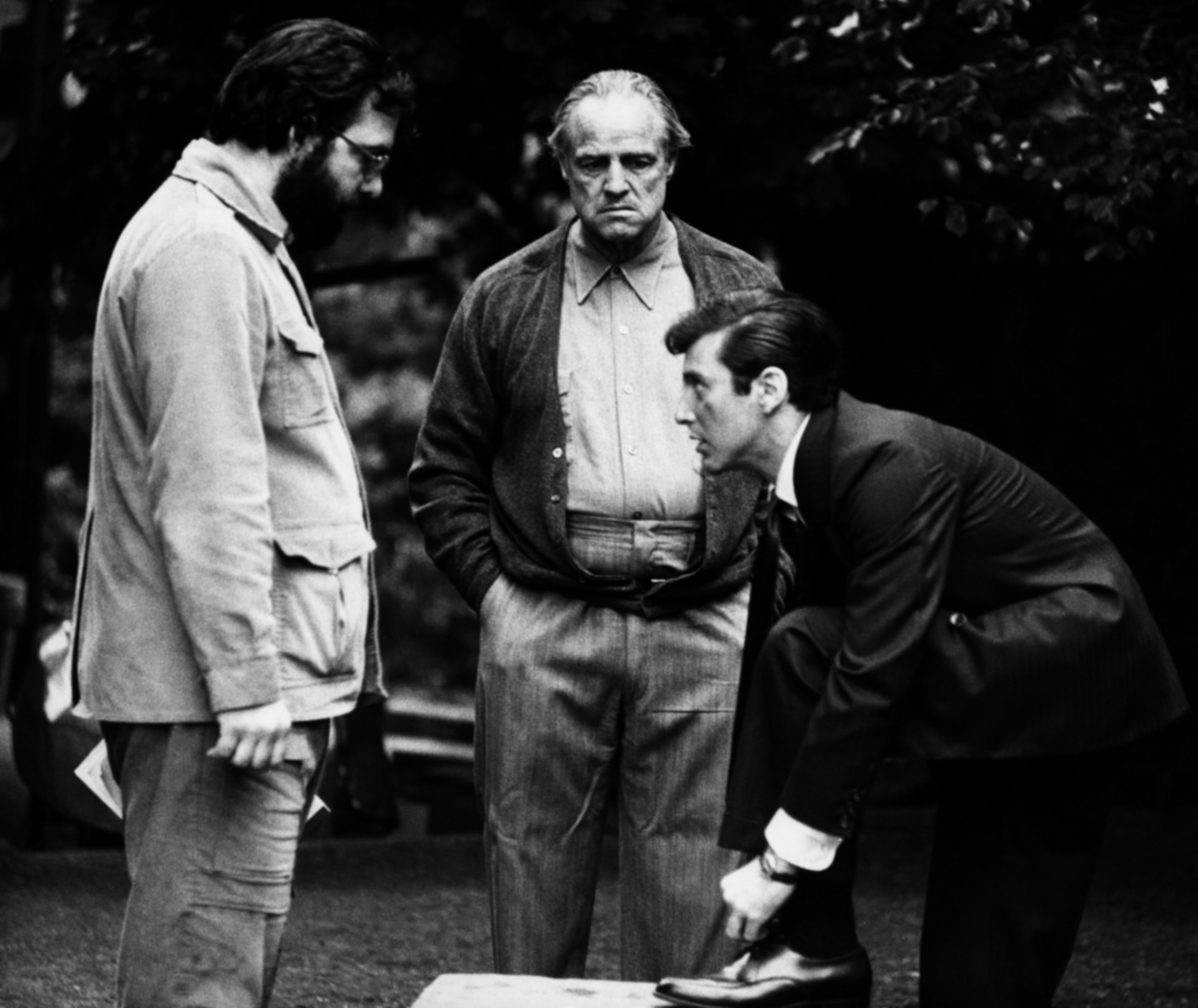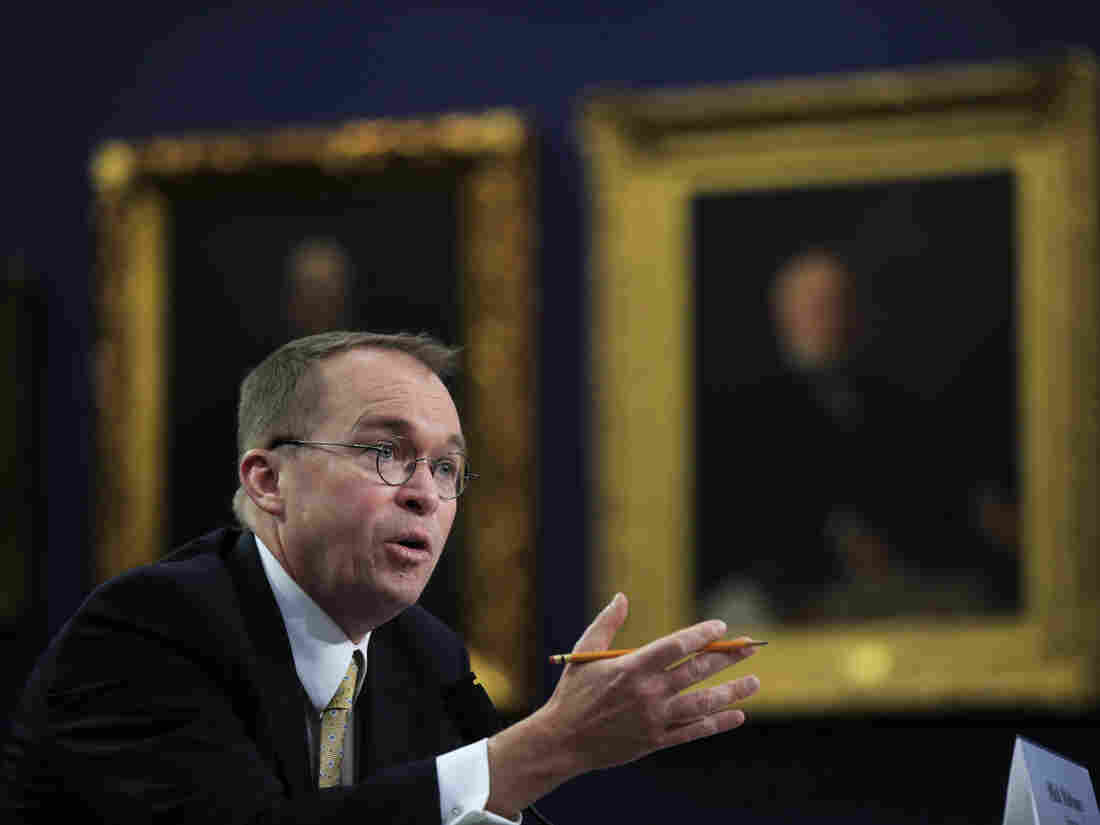Today in Movie Culture: 'Venom' as an Animated Feature, the Idiot's Guide to the Infinity Stones and More
Here are a bunch of little bites to satisfy your hunger for movie culture:
Remade Trailer of the Day:
If the new Venom trailer was too scary for you, Darth Blender redid it using footage from old cartoons:
[embedded content]
Franchise Recap of the Day:
We’re so close to the release of Avengers: Infinity War, so here’s yet another recap of the MCU so far, in just 130 seconds:
[embedded content]
MacGuffin Parody of the Day:
Need more set up for Avengers: Infinity War? Here’s a funny guide to the infinity stones from Sneaky Zebra:
[embedded content]
Cosplay of the Day:
She’s not likely in Avengers: Infinity War, so here’s some Captain Marvel cosplay to make up for her continued delay:
??Beautiful Cosplay ?? pic.twitter.com/dQYUomYKZZ
— Reggie Anderson ?????????? (@RegAndy76) April 23, 2018
Character in Close-Up:
For IMDb, Patrick Epino of National Film Society profiles Marvel’s Loki, the first in his series of Awesome Bad Guys:
[embedded content]
Vintage Image of the Day:
Al Pacino, who turns 78 today, with director Francis Ford Coppola and co-star Marlon Brando on the set of The Godfather in 1971:
Actor in the Spotlight:
In honor of Westworld back on this week, IMDb’s No Small Parts looks at the film and TV career of Jimmi Simpson:
[embedded content]
Director Commentary of the Day:
For Vanity Fair, Grease director Randal Kleiser breaks down the “You’re the One That I Want” musical number from the movie:
[embedded content]
Fan Theory of the Day:
Screen Rant looks into the idea that Pixar movies are connected to The Shining with six bits of evidence:
[embedded content]
Classic Trailer of the Day:
Today is the 15th anniversary of the release of Baby Mama starring Tina Fey and Amy Poehler. Watch the original trailer for the modern classic comedy below.
[embedded content]
and




